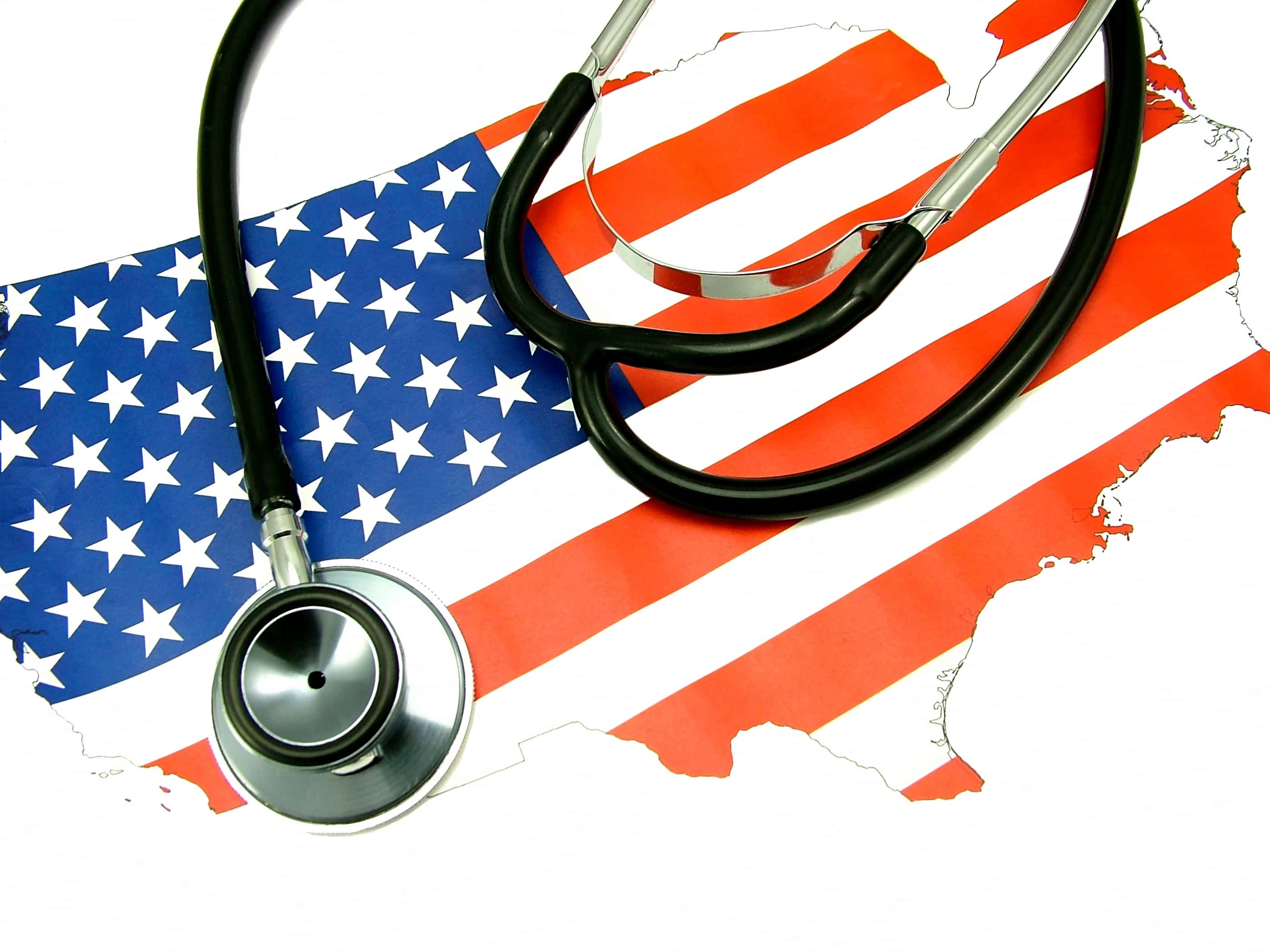Health care systems will be given a fixed dollar amount to care for a set population.
Health care in the United States is obscenely expensive. We spend more than $8,000 per capita when the average in other industrialized countries is half as much. Worse, unless something very drastic changes, our health care spending will double in the next decade. When you think about “health care reform,” it’s obvious we’re facing radical changes. So put on your seatbelt and get ready for a rough road ahead. Don’t fool yourself thinking this is decades away; the dramatic revolution in how health care is delivered in this country is already underway.
We all hear the rancorous political debate from both sides of the aisle. In an effort to clarify a highly complex and emotional issue, I’ll ask three questions to three key stakeholders. The answers will give a glimpse of the future. Ready?
Question for the liberal, socialized-medicine-leaning left
To implement universal health care and dramatically reduce the cost, how do you intend to ration care? I know you hate the word “ration,” but care will somehow be restricted—there will be less to go around. Politicians may try to convince you otherwise and promise that lower costs and higher taxes will solve this, but that’s not what will really happen.
The reality is, health care systems will be given a fixed dollar amount to care for a set population. To make that work, they’ll have to make dramatic changes. If they want to survive, they’ll have to manage more patients while significantly reducing overall costs. This means providing less care. “Managing” care in this model will mean putting fewer patients in the hospital, ordering fewer tests, performing fewer surgeries, getting patients out of the hospital sooner, cutting drug costs, reducing complications and much more. As care is ratcheted down more and more in this managed care model, who decides which patients do and don’t get care? You may think this will be determined on purely medical decision-making and necessity, but not necessarily—and that’s where it gets tricky.
Here’s one simple example: A cancer patient isn’t responding to conventional chemotherapy and it’s now spreading. Who decides if the latest “targeted” drug will be covered? Don’t forget your health care system is on “fixed income,” so for every patient who gets this $10,000-per-month drug there may need to be 20 fewer MRIs and/or hip replacements this month. That’s how a budget works: Get used to it!
Question for the conservative, free-market-leaning right
In your preferred model, where the “market” sorts it out and the government has little or no role, who should pay for the care when an 8-year-old with no insurance and no money who shows up in the emergency room with acute appendicitis?
As we ponder this question, there’s a truth that must be faced: The free market economy simply won’t work in health care. When it comes to buying a car or a home or any expensive consumer item, there’s the obvious expectation that the purchaser will pay for it. But health care is not a commodity. What happens when an uninsured or underinsured consumer of medical care shows up in the local emergency room with a serious medical condition?
Keeping in mind that care for an uncomplicated appendicitis probably exceeds the cost of a luxury sedan, and the expense of a heart attack could approach the cost of buying a home. Like the car dealer or mortgage broker who can’t “qualify” the buyer, does the hospital turn that consumer away? Of course not. No one’s denied hospital care because of their inability to pay. It’s anything but a “free” market when a hospital provides expensive care that won’t be reimbursed and then is forced to pass that cost on to those who do have coverage.
Any honest debate about solving our nation’s health care crisis must stop parroting the foolish notion that the free market has the answer.
Question for you, the patient
What are you willing to do for yourself to reduce the cost of your individual care? Much of our massive national health care spending can be traced back to a simple reality: We, as individuals, expect modern medicine to take care of all our problems rather than accept the personal responsibility and commit to a healthier lifestyle. American health care consumers eat too much, drink too much, smoke too much, stress too much and exercise too little. The cost of medical care for diseases directly related to these lifestyle choices like diabetes, heart disease and obesity is literally sending us into the proverbial health care poor house.
So for you liberals, conservatives and individual patients out there: What’s your answer?




